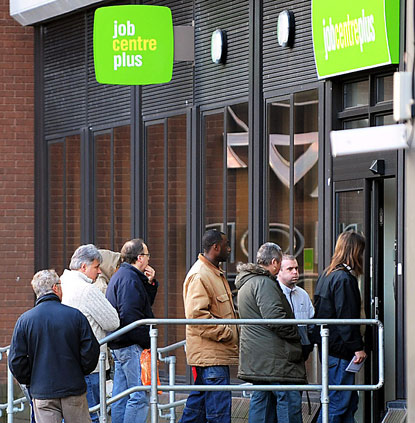Leading parenting charity Gingerbread has published a major academic report by Professor Mike Brewer, Director of the ESRC Centre for Research on Micro-social Change at ISER and Dr Paola De Agostini that looks at the impact on single parent families of the government’s flagship welfare programme, universal credit.
The study launched at a press conference in London on Wednesday 30th October finds that, far from achieving the reform’s stated goal of “making work pay”, many single parents could actually lose out in cash terms under the new system.
Universal credit, which is being gradually introduced across the country from this October onwards, is rolling together six separate benefits into one payment. This is being done in order to simplify the system. The government has emphasised that this new welfare scheme is being designed to ‘make work pay – at each and every hour’: encouraging people to move into work, or increase their working hours.
The research suggests that for many single parents, work still won’t pay under universal credit. In particular the study found that:
- As a group, single parents face a real-terms cash loss under universal credit
- Universal credit does achieve one of its aims: single parents who aren’t working will be better off if they move into work than is currently the case
- But of all household types, working single parents are the worst affected when it comes to benefitting from working more hours, meaning many families will be trapped in low hours, low paid jobs.
Gingerbread has produced a briefing for policy makers, based on this new ISER research, includes clear, costed recommendations on ways that the government could improve the scheme, and make work pay for single parents.
